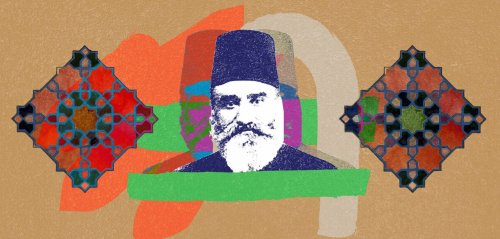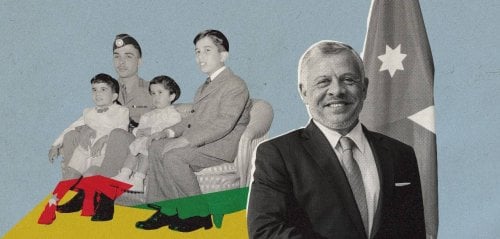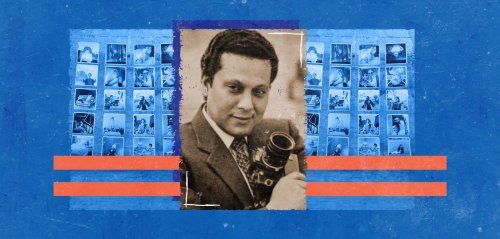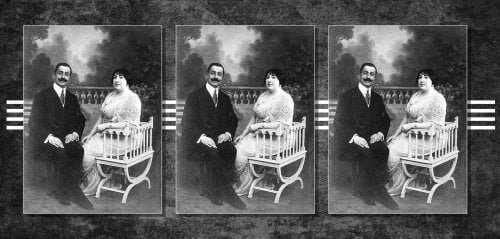In the United States, since the death of President Franklin Roosevelt in 1945, it has been customary for the papers of each president to be collected in his private government office bearing his name, and for him to prepare his memoirs himself and publish them after leaving the Oval Office. This custom has been applied to all presidents, with the exception of John F. Kennedy, who was killed before the end of his term in 1963, and Donald Trump, whose memoirs have not yet been released.
Some of these memoirs have proven very lucrative for their authors, such as Bill Clinton's memoirs “My Life”, which received a $15 million advance from the publisher before it was written, and $21 million in sales profits. President Barack Obama was paid $65 million for his presidential memoir, “A Promised Land”, released in 2020.
There is no similar custom in the Arab world because presidents and kings usually remain in power until death, or are deposed and arrested, as happened with Hosni Mubarak and Zine El Abidine Ben Ali, or killed, as happened to Saddam Hussein and Muammar Gaddafi. That is why we will not find any written trace of the presidents of Iraq (with the exception of Saddam's famous novels) or of its three kings before 1958.
The founding King Faisal I died suddenly at the age of fifty in 1933, and his son and successor Ghazi died in 1939 in a traffic accident (said to have been deliberate) at the age of twenty-seven. The young king, Faisal II, was killed along with the rest of his royal family in the heinous massacre of al-Rehab Palace in 1958.
In Saudi Arabia, none of its kings left memoirs. King Saud was deposed from power in 1964, King Faisal was killed in 1975, and the rest of the brothers, the sons of the founding King Abdulaziz Al Saud, remained in power until old age and death
In Saudi Arabia, none of its kings left memoirs. King Saud was deposed from power in 1964, King Faisal was killed in 1975, and the rest of the brothers, the sons of the founding King Abdulaziz Al Saud, remained in power until old age and death.
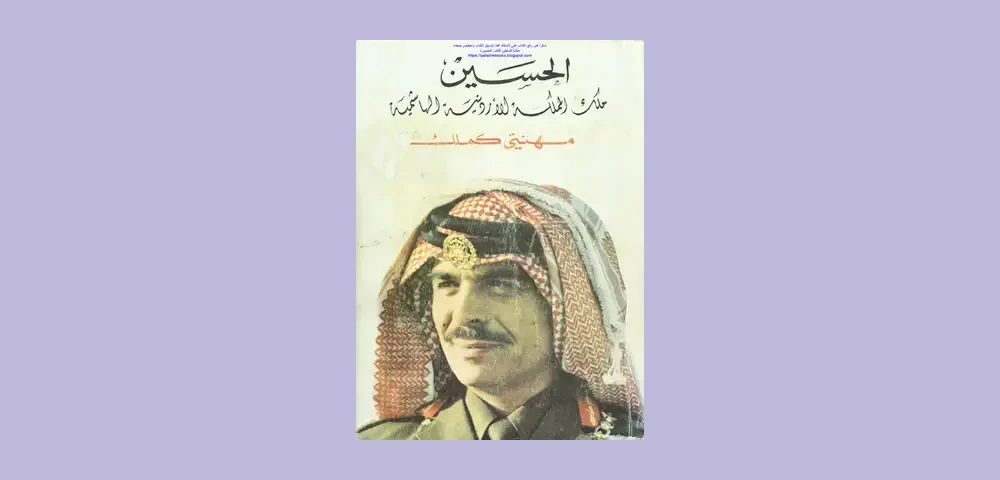
Jordan
A striking exception is the Hashemite Kingdom of Jordan, where each of its four kings has valuable memoirs, the most recent of which is the memoir of the current King Abdullah II published in 2011. Founding King Abdullah I wrote his memoirs before his death in 1951, as did his grandson King Hussein in the book Uneasy Lies the Head published in 1962, followed by “Mon Metier de Roi” (“My Job as King”) in 1975, a collection of questions addressed to King Hussein by a French journalist. There are questionable memoirs that carry the signature of his father, King Talal, who ruled Jordan from June 1951 to August 1952.
King Talal was dethroned in 1952 due to health reasons after he was held mentally unfit to rule, and lived his years in exile in Turkey until his death in 1972. It is said that he wrote memoirs that were published in the pages of the Egyptian "Rose al-Yūsuf" magazine in the sixties. This was during the height of the media war between Amman and Cairo, during which King Talal believed that he was subjected to a major conspiracy orchestrated by his wife, Queen Zain al-Sharaf, so that his son King Hussein would assume the throne of Jordan. But the tone and language of the memoirs is so poor and the attacks on members of the Hashemite family are so bad that many Jordanian and Arab historians and researchers question their credibility and say that King Talal never wrote them, but were rather authored by Egyptian intelligence.
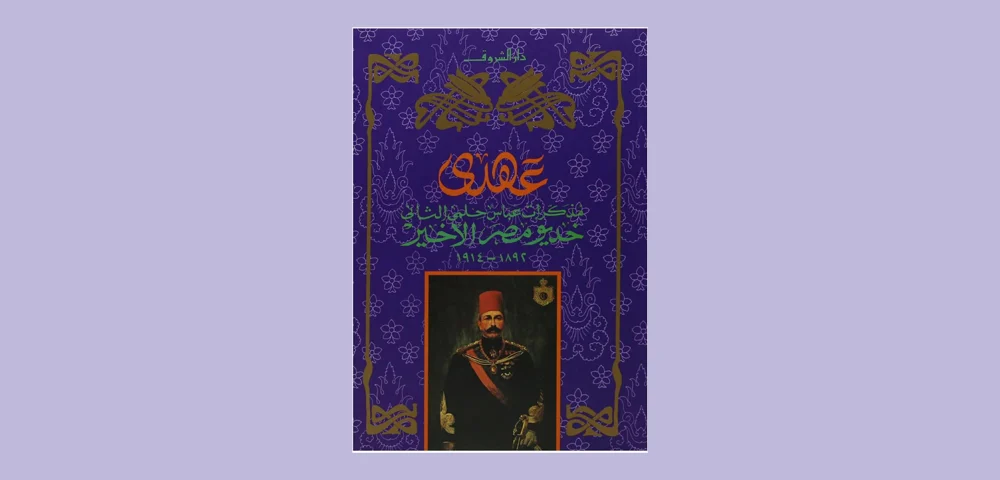
Egypt
All the kings of Egypt before the revolution of July 23, 1952 did not write memoirs, with the exception of Khedive Abbas Helmy II, who penned his memoirs that were published under the title "My Covenant" in 1993 and later translated into English by the American University in Cairo. Abbas Helmy II ruled Egypt from 1892 to 1914, when he was overthrown by the British. He has detailed and accurate papers on his period of rule and long exile in Europe, which were stored at the British Durham University in 1980, and are opened annually to specialized researchers through an academic fellowship programme called the "Mohamed Ali Foundation Fellowship". Apart from this unique experience of the Khedive, there are no found similar papers for either King Fuad or his son King Farouk, bearing in mind that many of their ministers wrote their memoirs.
Mohamed Naguib first wrote memoirs in 1953 under the striking title, “I was president of Egypt” to remind people that he was actually president of his country, after his name was removed from the list of presidents during the era of Gamal Abdel Nasser
As for the presidents of Egypt after the proclamation of the republic in 1953, the first to write memoirs was General Mohamed Naguib. They were issued after his release from house arrest in 1984 and caused a great resonance in political and cultural circles. This book carried the striking title "I was the president of Egypt" in an attempt by the author to remind people that he was indeed the president of his country, after his name was removed from the list of presidents during the era of his friend and colleague Gamal Abdel Nasser.
Mohamed Naguib had effectively ruled Egypt until February 1954, when Nasser deposed him and placed him under house arrest that was more akin to a prison in the villa of Zainab al-Wakeel, the wife of Nahhas Pasha, where no one saw him, and he was not allowed to leave or participate in any political activity. President Najib speaks with great pain about how all his fellow Free Officers turned against him, and did nothing to defend him following the decision to exclude him. Mohamed Naguib recounts how one of his sons came from school crying when he did not read his father's name on the list of Egyptian presidents, thinking that his father had not been honest with him when he told him, "I was president of Egypt”.
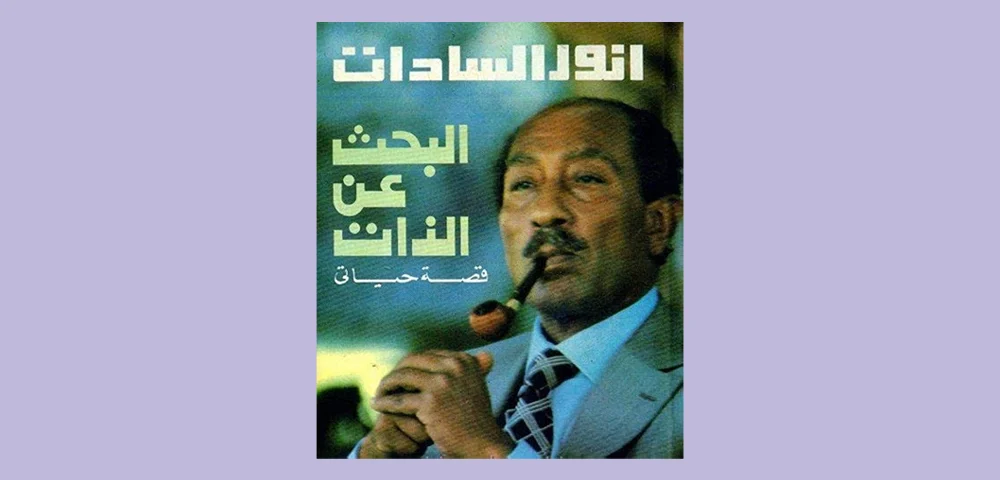
President Gamal Abdel Nasser did not write memoirs, but he did write a small book on the "Philosophy of the Revolution" in 1954 (presented and edited by Mohamed Hassanein Heikal). President Anwar Sadat's famous memoir, “In Search of Identity”, was published in April 1978 and has been translated into 13 languages, including English, French, and Hebrew. Chapters of the book have been published in major magazines and newspapers, such as the American Time magazine and the French Paris Match.
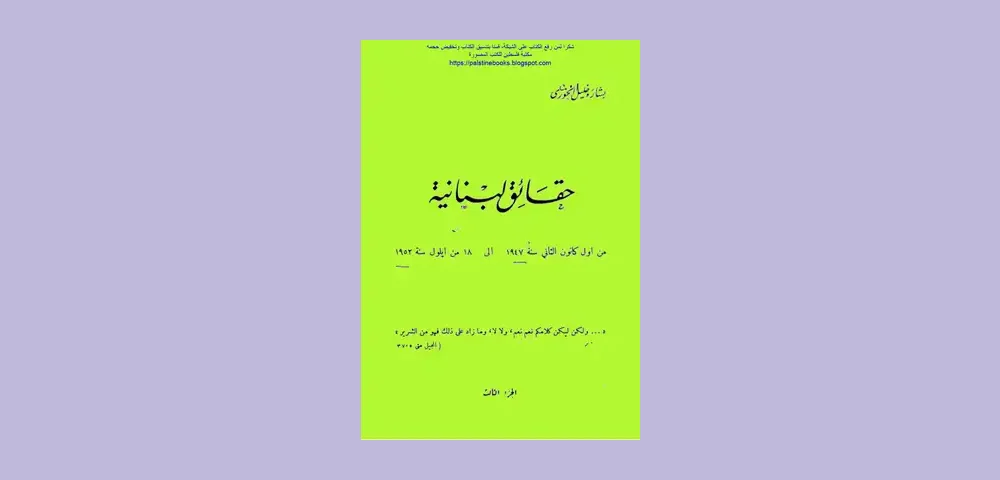
Lebanon
The situation is different in Lebanon, where there is a constant transfer of power and a stronger culture when it comes to the literature of memoirs, due to the large number of people who bear the title of "former president" or "ex-president". The first to publish his memoirs was President Bechara El Khoury entitled "Lebanese Facts". President Khoury penned it during his years of retirement after he was forced to resign in 1952. It came in three parts and contains a fierce defense of his reign, whether when he was prime minister during the French mandate, or after his election as president of the country in 1943.
His successor, President Camille Chamoun, wrote a memoir entitled "My Memoirs" in 1969. Charles Helou, Amine Gemayel, and Elias Hrawi also wrote their memoirs. As for the rest of the presidents, most of them have audio recordings and television interviews, which are considered "visual" memoirs.
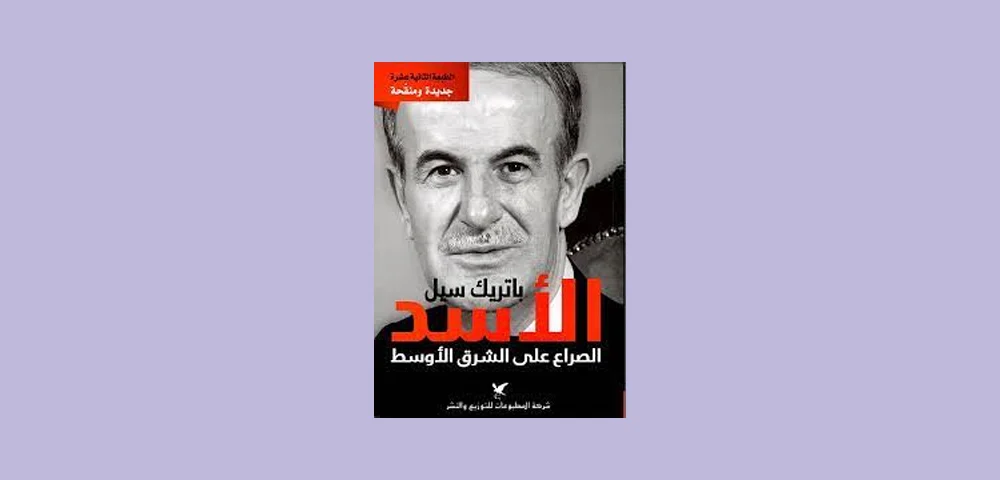
Syria
Syria has had twenty presidents since the French mandate began in 1920, but not all have left memoirs, even though some of them lived for a long time after leaving power, such as President Subhi Barakat, who resigned in 1925 and died in 1949, and President Nazim al-Qudsi, who was removed in 1963 and died in 1998. As for President Shukri al-Quwatli, the "hero of evacuation", he lived years of exile in Egypt between his first reign (1943-1949) and the second (1955-1958), during which he could write memoirs but did not do so. He only wrote an introduction to the book "How Syria Became Independent" in 1950, by journalist Saeed Tallawy.
Mohamed Naguib recounts how one of his sons came from school crying when he did not read his father's name on the list of Egyptian presidents, thinking that his father had not been honest with him when he told him, "I was president of Egypt”
President Quwatli lived nine years after his departure from power until his death in Beirut in 1967, during which he left audio recordings, or "audio memoirs", that remain in his family's possession to this day, as did President Qudsi. President Hafez al-Assad left behind something that’s close to memoirs, consisting of lengthy interviews with British journalist Patrick Seale, published in his famous book "Assad: The Struggle for the Middle East" in 1989. But they are not considered memoirs because they were not penned by him and they stop at the end of the eighties, knowing that Assad lived until the year 2000.
What compensates for the weak presence of presidential memoirs in Syria is a good number of memoirs of heads of government. The papers of presidents Jamil Mardam Bey and Lutfi al-Haffar were collected by their two daughters, Salma Mardam Bey and Salma al-Haffar Kuzbari. Writer and novelist Colette Khoury collected the papers of her grandfather, President Fares al-Khoury, in three parts, the last of which was issued in Damascus in 2015. As for Muhsin al-Barazi, the prime minister of Syria in 1949, some of his papers were collected by Dr. Khairia Qasimia, while the memoirs of Maarouf al-Dawalibi were recorded by the Saudi-based Syrian scholar Abd al Quddus Abu Saleh, who accompanied al-Dawalibi and wrote down his memoirs between 1987 and 1993, then published them in 2005.
Dr. Bashir al-Azma, the country’s prime minister during the time of separation (1961 separation of Syrian army from Egypt), remains to this day the only one among Syria’s prime ministers to write his own memoirs and publish them in 1990. Perhaps the most famous and widespread of these are "Mudhakkarat Khalid al-Azm" ("The Memoirs of President Khalid al-Azm"), in their three parts, but they were issued in the early seventies, seven years after his death.
Raseef22 is a not for profit entity. Our focus is on quality journalism. Every contribution to the NasRaseef membership goes directly towards journalism production. We stand independent, not accepting corporate sponsorships, sponsored content or political funding.
Support our mission to keep Raseef22 available to all readers by clicking here!
Interested in writing with us? Check our pitch process here!


